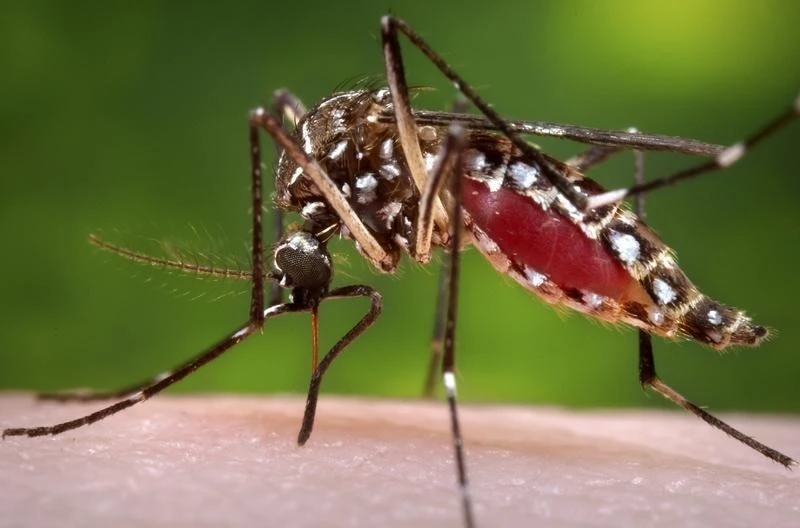West Nile Virus outbreak reported in Istanbul – Türkiye Today
Istanbul is experiencing an outbreak of West Nile virus. According to the Ministry of Health, cases of the virus were identified between August 2 and 20 across seven districts and 15 locations. News sources indicate that 13 patients, treated for meningitis and encephalitis related to West Nile virus, were admitted to hospitals. Additionally, four cases were reported in the Marmara Region, with three in Bursa and one in Balıkesir. The number of infected individuals is estimated to be between 2,000 and 3,000.
The Ministry of Health, which previously claimed there were no cases of West Nile virus in Türkiye this year, confirmed via social media that six cases have been detected. The ministry stated, “The disease is generally seasonal and observed during the summer and early fall. It does not spread directly from person to person. Since 2010, West Nile Virus Infection has been seen in Türkiye, with six cases identified in 2024. Our patients are under observation and treatment. Necessary measures are being taken, and the process is being closely monitored. Updates will be provided to the public.”
The virus, transmitted by mosquitoes (Culex spp.), is widespread across all regions of Istanbul. Two mosquito species responsible for the virus are found in the city. The virus spreads from birds to mosquitoes and then to humans, but not from person to person. Infections tend to peak periodically.
Türkiye is considered a high-risk area for West Nile virus. Previously, outbreaks occurred in Istanbul in 2019, with fatalities reported in 2010, 2016, 2017, and 2018. The infection typically appears between June and October, but global warming is causing the season and affected areas to expand.
While about 80% of infected individuals show no symptoms, 20% may develop severe neurological conditions. Symptoms include sudden high fever, muscle and joint pain, fatigue, headaches, eye pain, and nausea or vomiting. The most severe form of the disease affects older individuals and those with chronic health issues.
There is currently no vaccine or specific treatment for the virus. Blood transfusions can also transmit the virus, prompting experts to recommend screening blood donors. Reducing mosquito breeding sites, such as stagnant water in containers, and regularly cleaning these sites are crucial for prevention.



